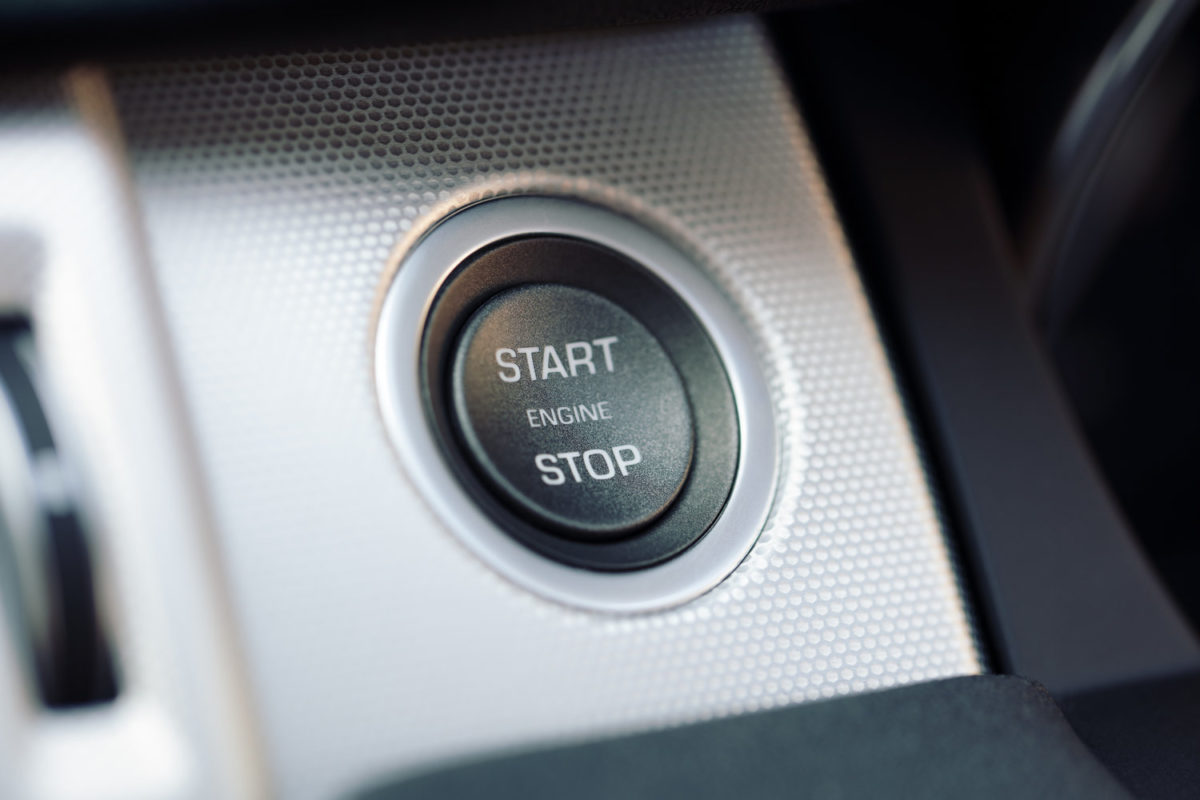
Since 2006, more than two dozen people have been killed by carbon monoxide after a keyless-ignition vehicle was left running in a garage. Dozens of injuries have also occurred.
In response to decades of increasing injuries and deaths from carbon monoxide poisoning caused by keyless-ignition vehicles, The New York Times has published an article that examines the risks of keyless cars and automakers’ failure to act.
More than 17 million vehicles sold annually are equipped with keyless ignitions—cars that can be powered on and off with the push of a button rather than turning a key. The modern convenience of a keyless ignition has lulled drivers into mistakenly thinking the newer, quieter engine has stopped running.
Drivers park their keyless vehicles in the garage and go into the house with the wireless key fob, believing the car is shut off. Several hours later, they are found dead from carbon monoxide engulfing their homes.
Despite the growing number of carbon monoxide injuries and mounting lawsuits nationwide, automakers have failed to voluntarily incorporate safety features that would alert drivers if the engine is left running or shut it off automatically.
According to The New York Times, federal safety officials proposed a regulation to incorporate audible warnings and other safety features through a software change that could be accomplished for just pennies per vehicle, but the plan languished in the face of auto industry opposition.
Though some automakers have designed newer models that alert drivers when the engine is left running, “many older models have not been retrofitted to reduce the hazard, despite the modest expense of doing so” (The New York Times).
A History of Profits Over Human Safety
We’ve written before about automakers’ failure to institute safety features that could eliminate or reduce hazards despite knowing the risks of their products.
Take, for example, reclined seats. Carmakers have known for more than 40 years that reclining a vehicle seat drastically increases the risk of serious injury or death, but because there are no federal minimum standards governing this danger, vehicle manufacturers have refused to provide warnings or alter their vehicles.
The same with the Toyota sudden acceleration defect. Toyota ignored customer reports of the sudden acceleration problem for more than five years; yet, the automaker failed to equip its vehicles with “smart brake” technology, which would slow or allow a vehicle to stop when the brakes were pressed at the same time a gas pedal was engaged. Toyota refused to provide this critical safety feature and prevent hundreds of injuries and deaths, even though the cost to do so was less than $1 per vehicle.
In January 2011, the Society of Automotive Engineers issued recommendations, calling on automakers to install beeps or a warning light to alert drivers when the key fob is not present and the engine is still running. The same year, the National Highway Traffic Safety Administration proposed a similar rule that would require auto manufacturers to incorporate “internal and external warning beeps” to protect against rollaways and “reduce ‘incidents of carbon monoxide poisoning.’” According to The New York Times, compliance with proposed safety regulations would cost the industry less than $500,000 a year in software coding for millions of keyless vehicles.
Automakers have shown that without federal requirements in place for alerts and other safety measures, they will refuse to address the problems of keyless vehicles, even for pennies per vehicle. In the meantime, more and more consumers will be seriously injured and killed, all in the name of profits over human safety.


